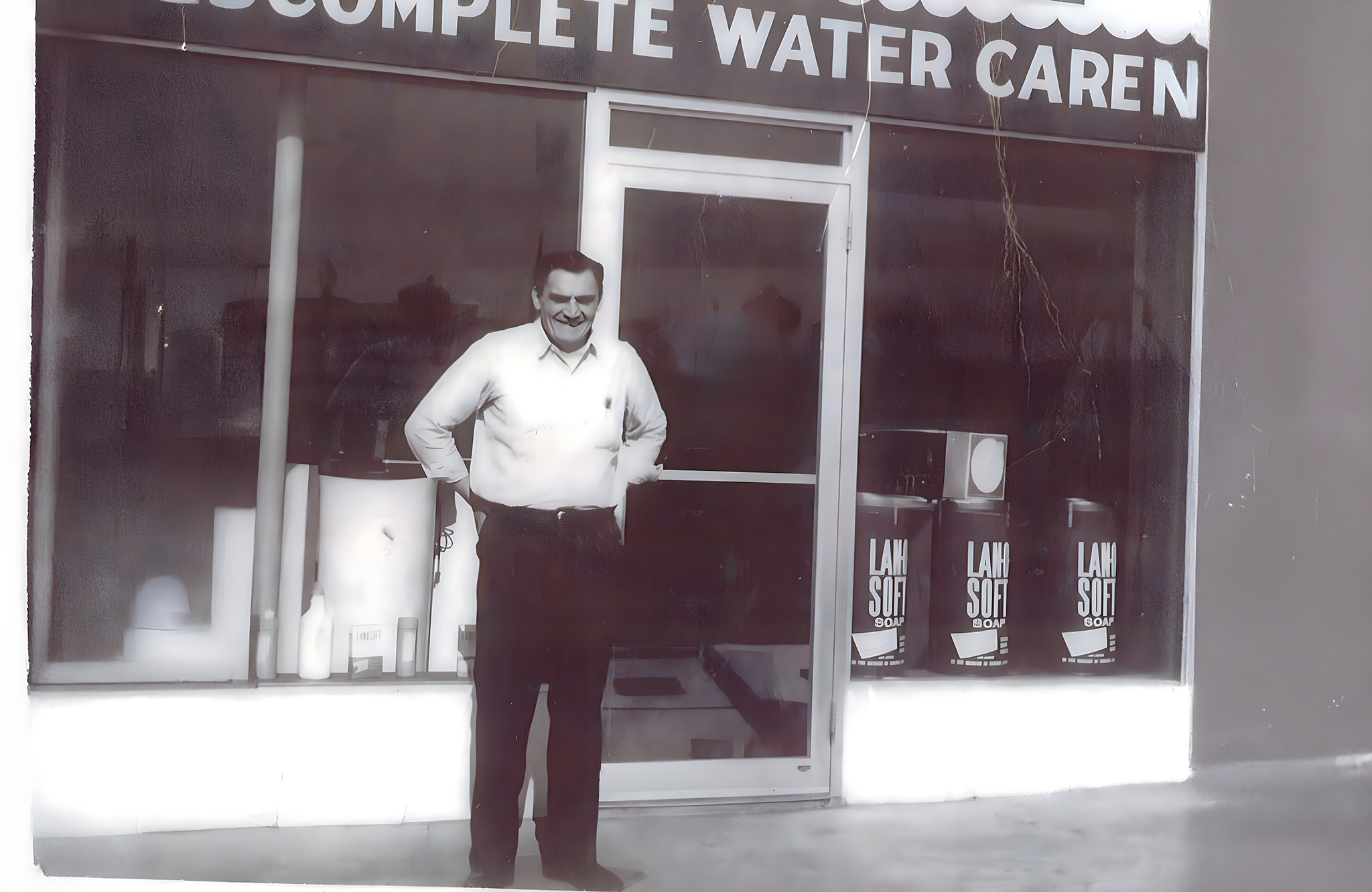
Remembering Wif Finken: A Legacy of Service and Community
January 26, 2026

Geothermal systems have become increasingly popular in recent years due to their efficiency and longevity. But what is it? Is it all it’s really cracked up to be?
November 19, 2018
Geothermal systems have gained popularity in recent years for their efficiency and longevity, but are they really worth the investment? While they offer energy-saving benefits, they also come with significant challenges.
If you’re considering geothermal heating and cooling, here’s what you need to know before making the investment.
A geothermal system uses the earth as a heat source in the winter and a heat storage source in the summer.
Think of it like a refrigerator, just as a fridge removes heat from inside and expels it into your kitchen, a geothermal system moves heat rather than generating it.
While geothermal systems are often marketed as an eco-friendly and cost-saving solution, there are important drawbacks to consider.
❌ Uses antifreeze for heat exchange, while leaks are rare, even small amounts can be hazardous.
❌ Potential to release greenhouse gases stored deep in the ground.
❌ Still requires electricity to operate the pump, meaning energy savings depend on insulation and home efficiency.
One of the biggest drawbacks of a geothermal system is the upfront investment.
If a geothermal system doesn’t fit your needs or budget, a high-efficiency HVAC system is a cost-effective and reliable alternative.
Before committing to geothermal heating, consider whether the cost and complexity make sense for your home and lifestyle.
For expert advice on HVAC solutions, visit our Contact Page!

Resources
